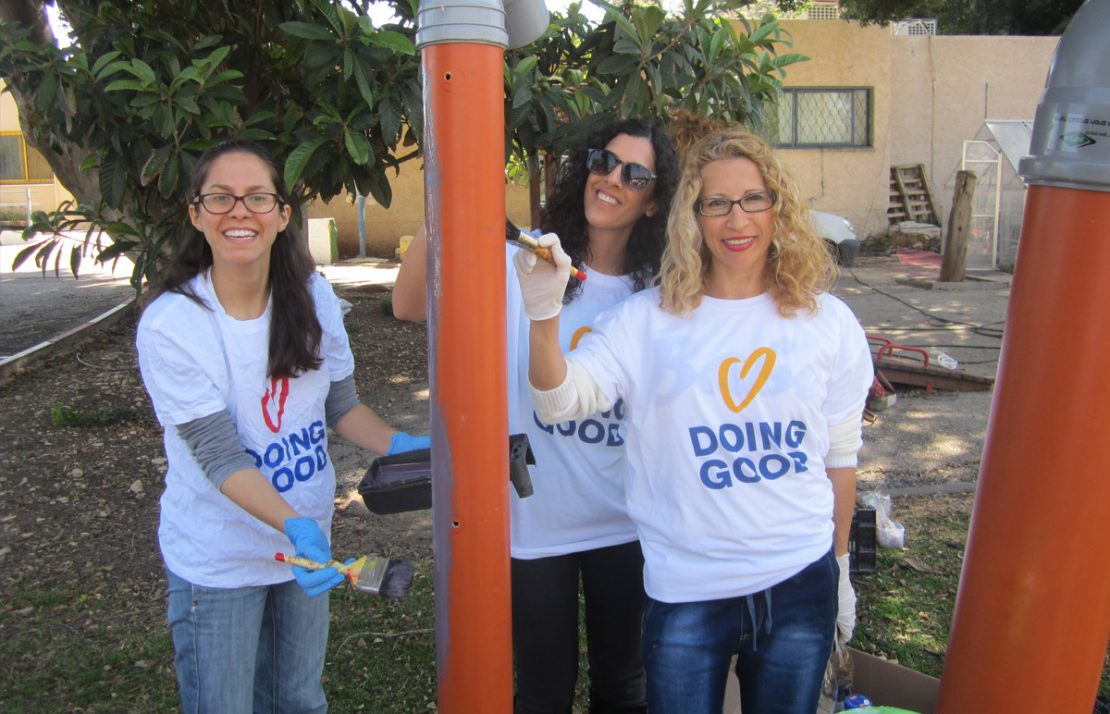
Healthy living carries a different meaning for different people. For some, it’s waking up with the sun, going on a long run, and then sitting down for a cup of coffee. For others, it’s starting their day with hot water and lemon after a full nine hours of sleep. Everyone has a different sense of what works best for them. Wondering if there are any tweaks that’ll help energize your day even more? These tips are not only easy to incorporate into your daily routine, they’re also smart moves that’ll help you live your healthiest life.
1. Get Enough Sleep
Although tempting, don’t hit the snooze button. If you know you need more sleep than what you’re getting already, set your alarm for an hour later. Your body begins the process of waking up long before you rise, and hitting the snooze button signals a “false alarm,” making you even more tired and caught off guard when you hear those chimes a second time. Instead of throwing off your internal clock, set your alarm for the same time every day and actually get out of bed. Your body will grow used to the schedule and you’ll soon wake up without needing the alarm.

2. Exercise in the Morning
Working out within an hour or so of waking up not only helps you reach your fitness goals; morning activity also provides the energy and endorphins you need to carry on with your day. Jumpstart your metabolism with a workout or class you enjoy and prep the night before. Lay out your gym clothes and have a water bottle ready, so you can wake up, get dressed, and head out.

3. Choose Your Breakfast Wisely
Those who eat a healthy breakfast are more likely to live healthier lives, so get into the habit of fueling your body with high-protein foods, fiber, and healthy fats in the am. For a filling breakfast that will leave you fuller longer, try a serving of Greek yogurt, a handful of berries, and serving of chopped nuts.

4. Avoid the Afternoon Slump
When you can, step away from your desk to eat lunch. Stretch your muscles and keep your energy going throughout the rest of the day with a meal that includes a serving of whole grains, protein, and vegetables. Sit outside and savor your bites. The more mindful you are of what you’re eating, the more satisfied you’ll feel.

5. Drink Water Throughout the Day
Staying hydrated prevents us from overeating, and deters headaches, fatigue, and irritability. Keep a water bottle by your desk and bring it with you everywhere to remind yourself to drink up throughout the day. Having trouble drinking three bottles of H2O? Foods like cucumber, celery, tomatoes, green pepper, cauliflower, cantaloupe, strawberries, and spinach all have between 90-96.7% water.

6. Move Around
Take a break from your work, boost your energy and get your blood flowing. Time away from the screens helps us avoid “digital eyestrain,” which can induce blurry eyesight and itchy eyes. A quick 10-minute walk can also help reduce stress and could even prevent depression. Make it a daily ritual to talk a walk around the block, the office, or up and down the stairs.

7. Eat a Snack
Sometimes, we need an extra boost in the afternoon. Skip the vending machine and go for fresh fruit and vegetables, or bring some to-go snacks from home for a healthy and sustainable dose of energy. Foods like sliced apple and peanut butter, carrot sticks and hummus, or whole wheat, fiber-filled crackers are among your best options.

8. Eat Dinner Mindfully
Set aside time to make yourself a nutritious meal and then sit down and let yourself enjoy it away from the usual distractions, like your phone or the tv. Or if you do go out, pay attention to portion sizes and take a third of the meal home with you to avoid overeating. Use dinner as an opportunity to connect with your partner or friends for an additional way to de-stress and unwind.

9. Unwind and Get Ready for the Next Day
At least an hour before bedtime, prepare for the day ahead. Choose your clothes for the next day, pack your lunch and a snack, pull out your workout clothes from the drawer. Put away the screens for 30 minutes or so before turning out the lights and start preparing for a good night’s sleep. If you need to, write down what you have going on the next day and anything you need to remember to help yourself ease into a peaceful sleep.

This article was originally published on Goodnet and appears here with permission.




